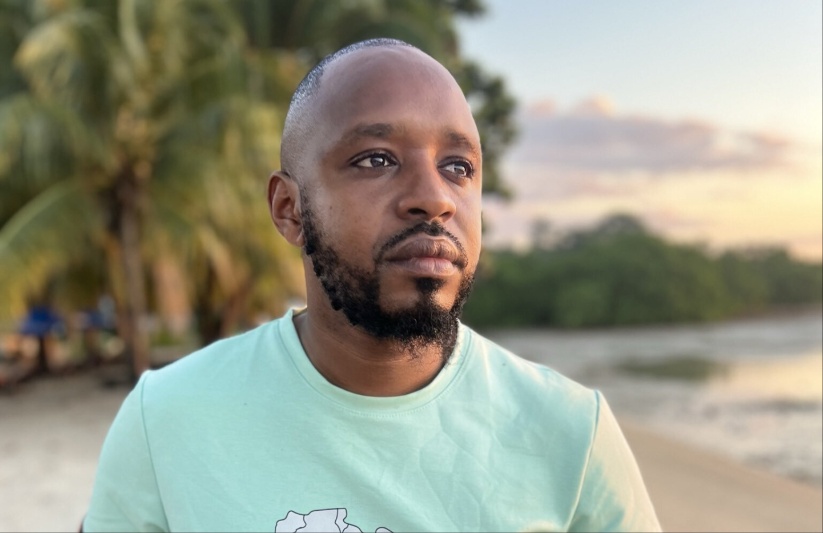Human rights defender and presidential hopeful Boniface Mwangi has accused the government of deliberately suppressing his voice on social media platforms.
In a statement shared on his X account on Saturday, September 6, 2025, Mwangi claimed that his accounts had been shadowbanned, reducing his online visibility despite his large following of over three million people. He alleged that the suppression involves banning certain keywords and manipulating algorithms, preventing his content from reaching audiences that would normally engage with it.
“How do I handle shadowbanning? The regime has shadowbanned my social media accounts, banning keywords and using algorithm manipulation to reduce my reach. I have over three million followers across all social media platforms, but some posts get fewer than 5,000 views,” Mwangi wrote.
The activist argued that this strategy is a calculated attempt to frustrate his political ambitions following his recent declaration to run for the presidency in the 2027 general elections.
Mwangi launched his presidential bid on August 27, 2025, at Ufungamano House in Nairobi, during the commemoration of the 15th anniversary of the promulgation of the Constitution. The symbolic event drew reformers, activists, and supporters, including Hussein Khalid, the CEO of Vocal Africa, who publicly endorsed Mwangi’s candidacy.
In his address, Mwangi thanked Kenyans for their support and urged citizens to rally behind his vision of building “a Kenya that works for everyone.” He also reminded the public of his long journey as an activist, from photojournalism to leading campaigns for justice and human rights.
Mwangi now joins a growing list of aspirants seeking to unseat President William Ruto in 2027. His allegations of digital suppression highlight the intersection of politics and technology in Kenya’s electioneering landscape, raising questions about free speech and fair access to digital platforms

